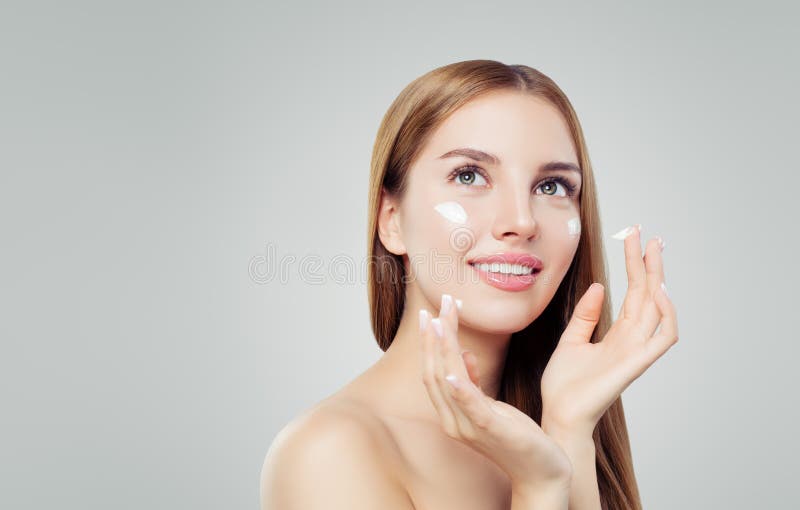Best Natural Oils for Face: Discover Their Benefits Today
In the world of beauty and skincare, the search for the best natural oils for face has become a frequent quest among beauticians and skincare enthusiasts alike. Incorporating these oils into your skincare routine can provide a multitude of benefits, from hydration to anti-aging properties. If you're a beautician looking to enhance your clients' skincare regimen, understanding the power of natural oils is essential.
The organic and natural beauty movement has taken the skincare industry by storm. With consumers becoming increasingly aware of the ingredients in their skincare products, the demand for natural, chemical-free solutions has skyrocketed. This is where the best natural oils for face come into play, offering a range of benefits that make them a staple in any skincare routine.

Why Choose Natural Oils?
Natural oils are extracted from plants and seeds, ensuring they are packed with nutrients essential for skin health. Unlike synthetic ingredients, natural oils work with the skin's natural balance, providing nourishment without clogging pores or causing irritation. For beauticians, introducing clients to these oils can be a game-changer, especially for those with sensitive or problematic skin.
Moreover, natural oils are versatile. They can be used in their pure form or as part of a blend, making them suitable for various skin types and concerns. By choosing the best natural oils for face, beauticians can offer tailored solutions to meet their clients' specific needs.
Top Natural Oils for Facial Skincare
Here are some of the most revered natural oils that beauticians swear by:
1. Jojoba Oil
Jojoba oil is a beautician's favorite, thanks to its ability to mimic the skin's natural oils. This makes it an excellent choice for all skin types, as it helps balance oil production. Jojoba oil is also rich in vitamins E and B-complex, promoting skin repair and damage control.
2. Argan Oil
Often referred to as 'liquid gold,' argan oil is packed with antioxidants and essential fatty acids. It is particularly beneficial for dry and aging skin, providing deep hydration and reducing the appearance of wrinkles. Beauticians often recommend argan oil for its anti-inflammatory properties, which can soothe irritated skin.
3. Rosehip Seed Oil
Rosehip seed oil is renowned for its regenerative properties. Rich in vitamin A and essential fatty acids, it helps to improve skin tone, texture, and pigmentation. For clients with scars or uneven skin tone, rosehip seed oil can be a transformative addition to their skincare routine.
4. Tea Tree Oil
Tea tree oil is a must-have for beauticians dealing with acne-prone skin. Known for its antibacterial and anti-inflammatory properties, it helps combat breakouts and reduce redness. However, due to its potency, it should be used sparingly and always diluted with a carrier oil.
5. Lavender Oil
Lavender oil is celebrated for its calming effects, both on the skin and the mind. It promotes relaxation and can help reduce stress-induced skin issues. Beauticians often use lavender oil in facial massages, enhancing the overall spa experience for clients.
How to Incorporate Natural Oils into Skincare
For beauticians, educating clients on how to incorporate these oils into their daily routine is crucial. Natural oils can be used as moisturizers, serums, or even cleansers, depending on the client's skin type and concerns. For more tips on building a skincare routine, check out this guide on skincare layering.
It's important to start with a small amount, especially for those new to using oils. Beauticians should advise clients to patch-test any new oil to ensure it doesn't cause irritation. Additionally, blending oils can offer synergistic effects, allowing for a customized approach to skincare.
Precautions and Considerations
While natural oils offer numerous benefits, it's essential for beauticians to consider their clients' individual needs and potential allergies. Some oils, although natural, can be potent and may not suit all skin types. A thorough consultation is key to ensuring the right oil is chosen.
For those with sensitive skin, exploring options tailored to their needs can be beneficial. Read more about sensitive skin tips to offer holistic advice to your clients.

Frequently Asked Questions
Are natural oils suitable for all skin types?
Yes, but it's crucial to select the right oil for each skin type. For example, jojoba oil is excellent for oily skin, while argan oil is better suited for dry skin.
Can natural oils replace moisturizers?
Natural oils can act as moisturizers, but it's essential to understand the client's skin needs. In some cases, layering oils with a traditional moisturizer can provide optimal hydration.
How often should natural oils be used?
The frequency of use depends on the skin type and the oil in question. Generally, oils can be used daily, but it's best to start with every other day to monitor the skin's reaction.
In conclusion, the best natural oils for face can revolutionize your skincare offerings as a beautician. By understanding and utilizing these potent ingredients, you can provide clients with effective, natural solutions that enhance their skin's health and appearance. For further insights on exfoliation techniques, explore our detailed guides.
This article contains affiliate links. We may earn a commission at no extra cost to you.

